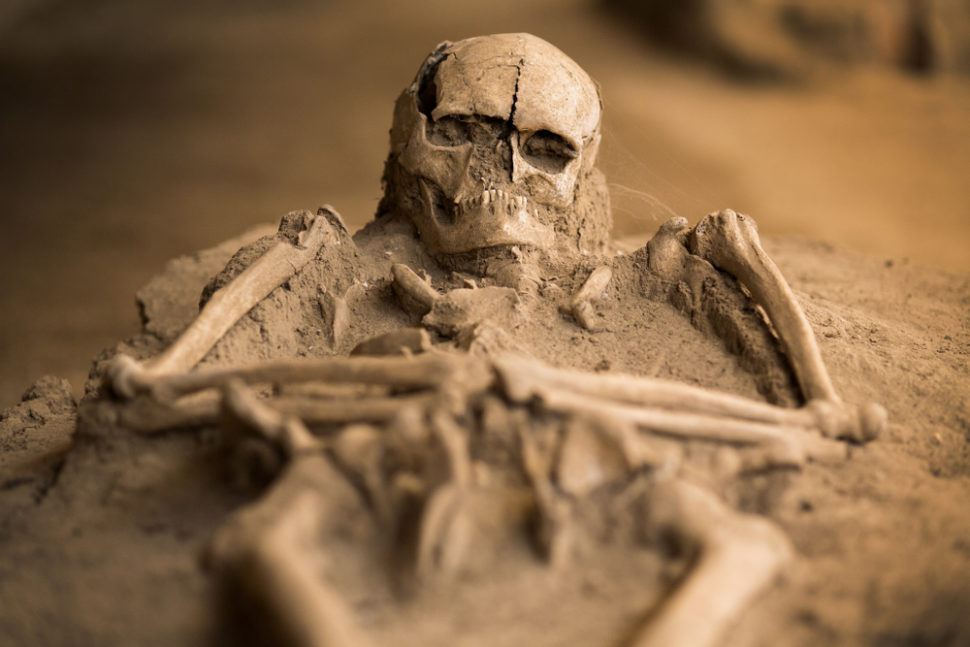Researchers from Australia discovered evidence of ‘negative selection’ in human evolution.
A team of researchers from the University of Queensland in Australia found signatures of negative selection or the removal of deleterious gene variants in several human traits. Their study also reveals that the most substantial evidence is found in traits associated with the cardiovascular and reproductive functions.
According to science, evolution is a continuous process. It never stops. Meaning, humans continue to evolve with the passing of time. Natural selection takes generations and often so subtle that humans barely notice the changes.
However, the Australian geneticists claimed that they had discovered a way to detect those changes. They reportedly used a statistical method to find mutations in the DNA of humans.
“In natural selection, or ‘survival of the fittest,’ characteristics that improve survival are more likely to be passed on to the next generation,” Professor Jian Yang from the University of Queensland’s Institute for Molecular Bioscience said in a statement.
“The opposite also occurs, when DNA mutations with a detrimental effect on fitness are less likely to be passed on, by a process called negative selection.”
Read More: New Evidence of Early Innovation Pushes Back Human Evolution Timeline
According to Dr. Jian Zeng, one of the researchers also from UQ, the most significant negative selection of DNA mutations was associated with reproductive function.
“We found genetic variants associated with fertility seem to have undergone the strongest selection compared to those associated with other traits, likely because of the strong correlation between fertility and genetic fitness,” Dr. Zeng explained.
According to the researchers, the purpose of their study is not necessarily to determine the impact of the changes they’re going to discover. Instead, it’s to further understand evolution and how selection really works.
“Negative selection prevents ‘bad’ mutations from spreading through the population, meaning that common DNA variants are likely to have small or no effect on traits. This study will help us better understand the genetic basis of complex traits and inform the design of future experiments in complex traits and medical genomics,” Dr. Zeng added.
The team’s research study was published in the journal Nature Genetics.



















Comments (0)
Most Recent